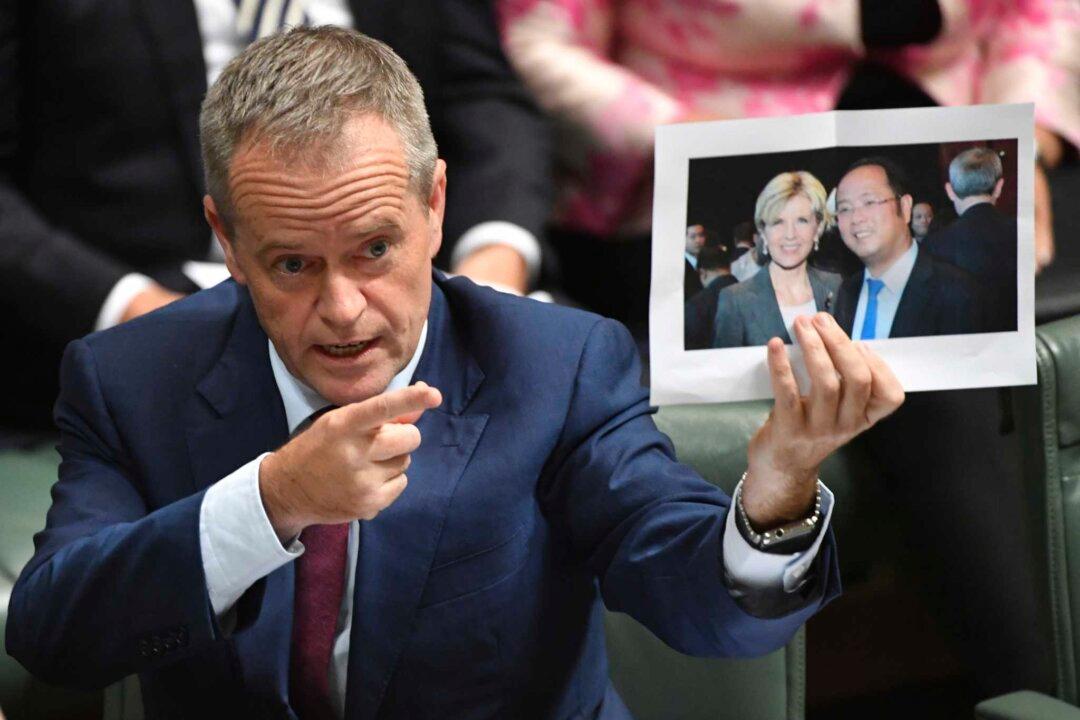Commentary
Hong Kong’s political reward to billionaire Huang Xiangmo, an alleged agent of Chinese influence previously active in Australia, indicates a need for tougher laws in democracies.

Hong Kong’s political reward to billionaire Huang Xiangmo, an alleged agent of Chinese influence previously active in Australia, indicates a need for tougher laws in democracies.